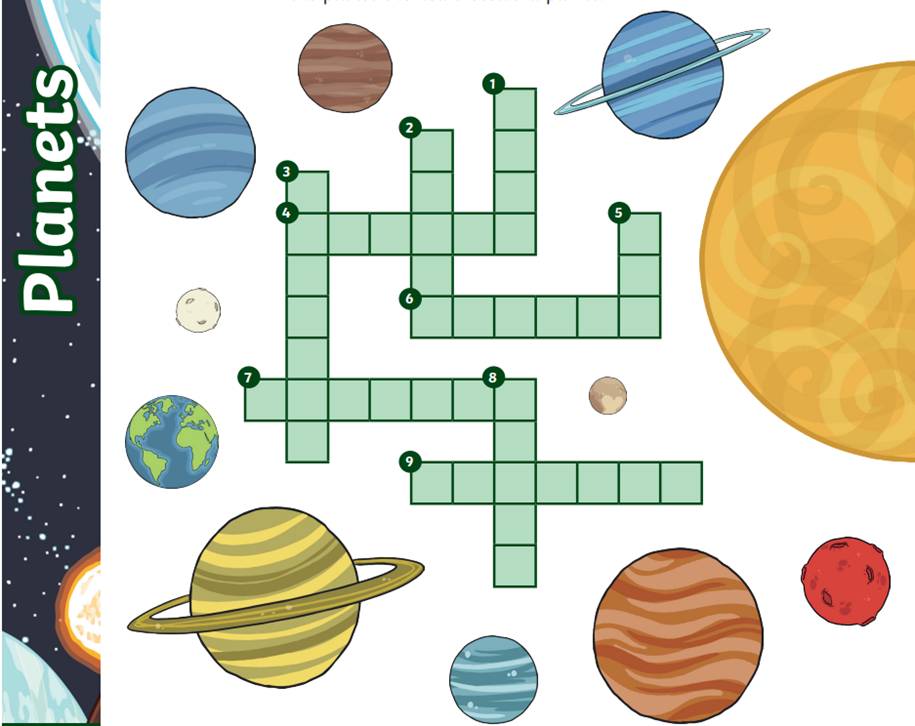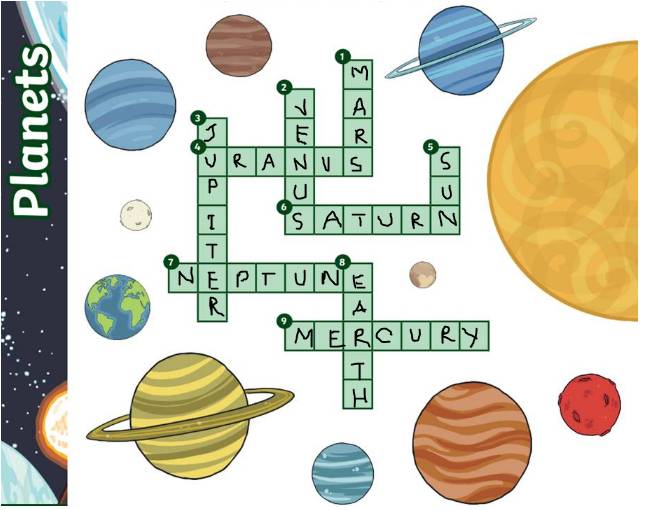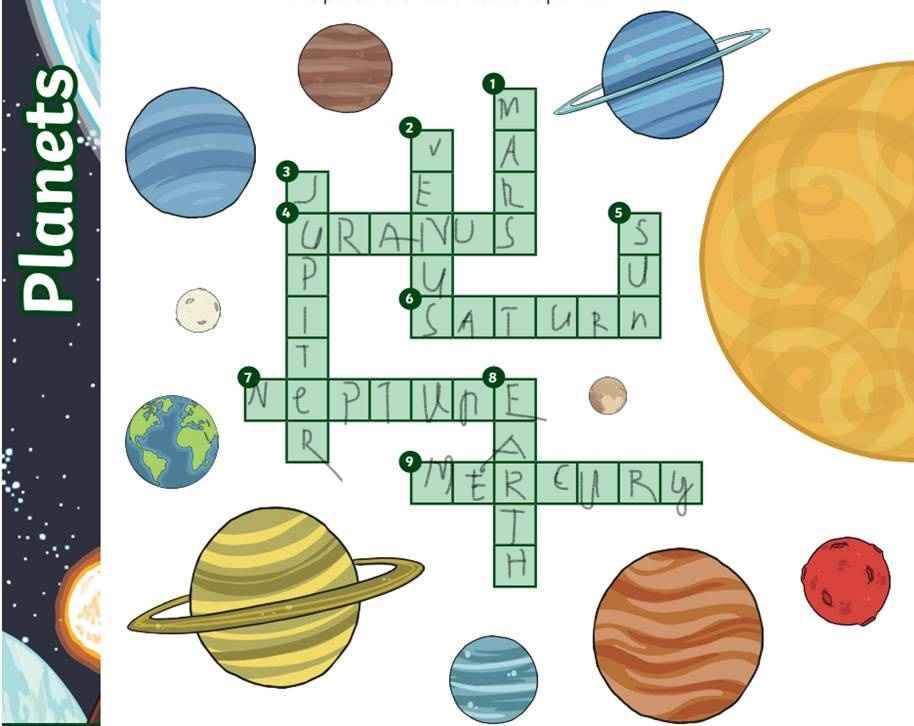Hãy nhập câu hỏi của bạn vào đây, nếu là tài khoản VIP, bạn sẽ được ưu tiên trả lời.

Question 1: Supply the correct forms of the verbs in brackets.
1. It is crucial that Dido stops using Quang Ha
2. I will ring the bell one more time. If he doesn't answer, I think he must have gone out
3. I am sorry about the noise last night. We were having a party
4. The man who was rescued had been in the sea for ten hours
5. A great deal of time is being spent on his exercis
6. We want to be paid better wages
7. People always blame their circumstances for what they are
8. You will be stopped by a policeman if you try to cross the road now
Question 2: Use the correct form of the words in brackets to complete the following passage.
1. refusal 2. communication 3. pollution 4. thoughtless 5. neighborhood
6. action 7. suggestions 8. politely 9. successful 10. advice
Question 3: Fill in each numbered blank with a suitable word
1. place 2. these 3. more 4. which 5. several
6. phrases 7. Second 8. used 9. an 10. help
Question 4: Read the text then choose the correct answer
1B 2C 3C 4D
Question 5: a/ Each line in the following passage has a spare word; Underline that word and write it in the blanks given.
0. for 1. for 2. much 3. time 4. today 5. lot
6. with 7. more 8. it 9. have 10. able
b/ Fill in the blanks with a suitable prepositions
1. George fell off the ladder while he was painting the ceiling
2. We stopped everyone from leaving the building
3. Admission to university depends on examination results
4. Don't use that dictionary. It is out of date. Find one that is up to date
Question 6: Do as directed
1. Not only did my friend have excellent ideas, but he did a good job as well
2. Neither his explanation nor the examples he gives are clear
3. It is said that the price of gold is going up
4. He asked me when I would give that book back to him
5. Seldom years ago did people travel far from home
6. He was given a gift, and you were as well
7. No matter how intelligent you may be, you should be careful about this
8. He made a great discovery and was very proud of it
9. Lan found difficulty in accepting the situation
10. Thanks to the new technology applied in their fields, the farmers raised the output of rice

Match a word in column A with its definition in column B
| A | B |
|
1. Adult 2. Teenager 3. Access 4. Media 5. Documentary 6. Interactive 7. Surf 8. Respond 9. Remote 10. E- mail |
A/ newspapers, magazines, radio and television considered as a group B/ involving communication between people C/ spend time visiting a lot of websites D/ far away in distance, time or relation E/ a person or animal that has grown to full size and strength F/ a film or television or radio programme that gives facts and information about a subject G/ a message or document sent over the Internet H/ a young person between 13 and 19 years old I/ say or do something as a reaction to something that has been said or done J/ the possibility of approaching a place or person , or the right to use or look at something |
1.E
2.H
3.J
4.A
5.F
6.B
7.C
8.I
9.D
10.G

Bài III,
1, The girl who is talking to Nam sings very well.
2, Although Tuan lives far from school, he walks to school every day.
3, Mount Pinatubo which is a volcano in the Philipins erupted in 1991.
4, Neil Amstrong who first walk on the moon lived in the USA.
5, Although Tuan works very hard, he didn't pass the exam.



